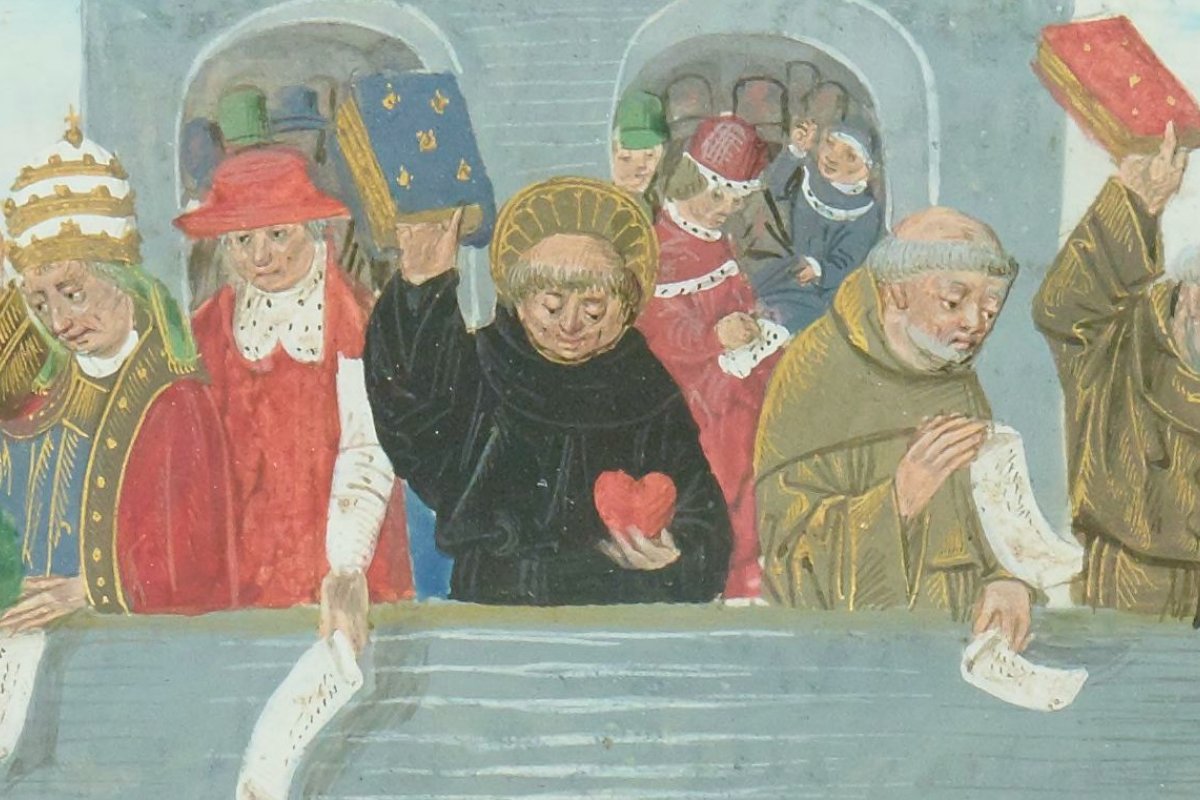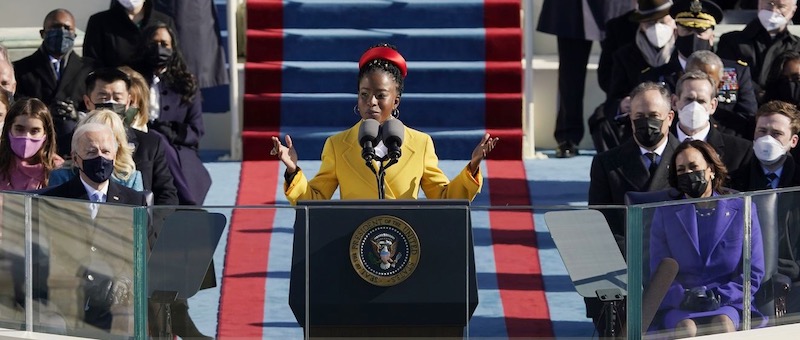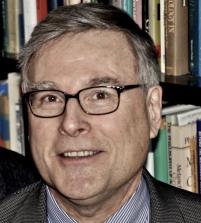
We Hold These Truths
An Augustinian meditation on the communal dispositions required for democracy
“When day comes we ask ourselves,
where can we find light in this never-ending shade?”
…
“When day comes we step out of the shade,
aflame and unafraid
The new dawn blooms as we free it
For there is always light,
if only we're brave enough to see it
If only we're brave enough to be it.”
~Amanda Gorman, The Hill We Climb
“Truth is so obscure in these times, and falsehood
so established, that, unless we love the truth, we
cannot know it.”
~Pascal, Pensées §739 (864)
§1
It is no secret that we have been living through a global debate about truth. In the academy, there are disputes about scientific truth versus truth as disclosure, deconstructions of truth, and so-called regimes of truth. Philosophers and theologians debate whether or not there are “moral truths,” and if so, what they are. Public figures in the United States assure us that some truths are self-evident, especially about rights and human equality, only to have historians note that the self-evidence originally obtained only in the case of free white men. But later, in the voice of Frederick Douglass, Martin Luther King, Jr., John Lewis, and so many others, dignity was recognized for—man. Generations of women, from Sojourner Truth to suffragettes to the Woman’s Movement the world over, have struggled against tyranny, abuse, poverty, political and religious exclusion, and all manner of hatred. Meanwhile too many religious people, their leaders, and their doctrines live assured of the absolute truth of their convictions and their rights to privilege and property, assigning others to hovels or death.
Over the last years in this country, we have witnessed an onslaught against truth in the name of fake news, so-called post-truth culture, the proliferation of conspiracy theories, predictions envisioning the end of the republic, and upsurges in militias and hate-groups, each of which champions their own version of truth. This has made the work of a Sightings columnist rather easy. Religion, implicit or explicit, is everywhere: the flags paraded by rioters in the US Capital—Q-anon, Proud Boys, Kek, Pepe the Frog, and the Alt-Right—decoded, endlessly, in the media; the doctors and hospital staff fighting a global pandemic committed to human life and dignity; teachers and faculty who, in various ways and means, fight ignorance; and, human commitments, convictions, devotions, and hopes as general features of many religions: all of these are sighted in abundance in today’s world. My sighting of religion in today’s column will be just as commonplace: what is the religious meaning of holding truths?
§2
President Biden’s Inauguration was suffused with religion: specifically, Catholic Christianity. At one point in his address, Biden says, “Many centuries ago, St. Augustine, a saint in my church, wrote that a people was a multitude defined by the common objects of their love.” And he asks, “What are the common objects we as Americans love, that define us as Americans?”[1] My concern is not how the President answers his own question; that is readily available for readers. My interest is with the conditions of holding truths as truths, and thus publicly accessible and even publicly adjudicated. Of course, there are ways to “hold” supposed “truths” that renders those claims impervious to criticism, counter-arguments, and thus not open to public validation. Blaise Pascal (1623-1662), a later and rather ardent Augustinian, insisted, as cited above, that unless one loves the truth one cannot know it. An ancient idea, actually, the insight is that what can be seen or perceived, what can be believed, what can be lived, is related to the orienting disposition—that is, in Augustinian terminology, the love—that defines one’s life. As National Youth Poet Laureate Amanda Gorman put it in her poem for Biden’s inauguration (also cited above): “For there is always light, / if only we're brave enough to see it / If only we're brave enough to be it.” Are we brave enough to see and enact a new dawn?

The question then becomes, what love, if we dare to use this loaded word, constitutes the life of a community. Augustine’s point, not mentioned by the President, was that the “Earthly City,” that is, the socio-political world, is driven by a love of ruling itself as an expression of inflated pride and self-love to the exclusion of others. The problem, then, is how to have some measure of peace among people. Conversely, the “Heavenly City” is marked by the love of serving others and the divine. There is, for Augustine, true peace only in God. On seeing the depth of the religious question posed in Biden’s brief mention of Augustine, as well as in Pascal and Amanda Gorman, are we not forced to ask whether and how our nation can harness the love of ruling for the purposes of social unity and some measure of peace?
§3
We return, so it seems, to where we began with Gorman’s insight. She writes, “When day comes we ask ourselves, / where can we find light in this never-ending shade?” The never-ending shade is the tumultuous, too often violent, history of this nation in the struggle to affirm, even love, two conditions of a free people – conditions that even now are, as Gorman notes, under attack and in grave danger. The first is the banner line of the Declaration of Independence: “We hold these truths to be self-evident, that all men are created equal, that they are endowed by their Creator with certain unalienable Rights, that among these are Life, Liberty and the pursuit of Happiness.” Unless we the people love those truths, our land will come to naught in endless conflict. And the second is an ardent love of the self-rule by the people and for the people, a democracy, which can curb a craven love of ruling that easily festers into bloody demagoguery, tyranny, or senseless anarchy. Only when people are seen as possessing the same equality and rights and a government is established to protect and preserve them while curbing the excess love of domination through the enfranchising of every citizen, is there any hope of escaping the shade. But that demands, as Gorman brilliantly sang, bravery of sight and life.
[1] A transcript of the address can be found here. Biden is of course referencing Augustine’s discussion of love and community in De Civitate Dei, book XIX, chap. 24.
Feature Image: Illumination from a 15th-century manuscript of Raoul de Presles' French translation of The City of God, showing the city being defended by the Word. (Bibliothèque Nationale de France, Départment des manuscrits, Français 17, fol. 11r). Photograph: Amanda Gorman reciting The Hill We Climb at the inauguration. (Patrick Semansky | AP)
Sightings is edited by Daniel Owings, a PhD Candidate in Theology at the Divinity School. Sign up here to receive Sightings via email. You can also follow us on Facebook and Twitter. The views and opinions expressed in this article are those of the author and do not necessarily reflect the position of the Marty Center or its editor.


